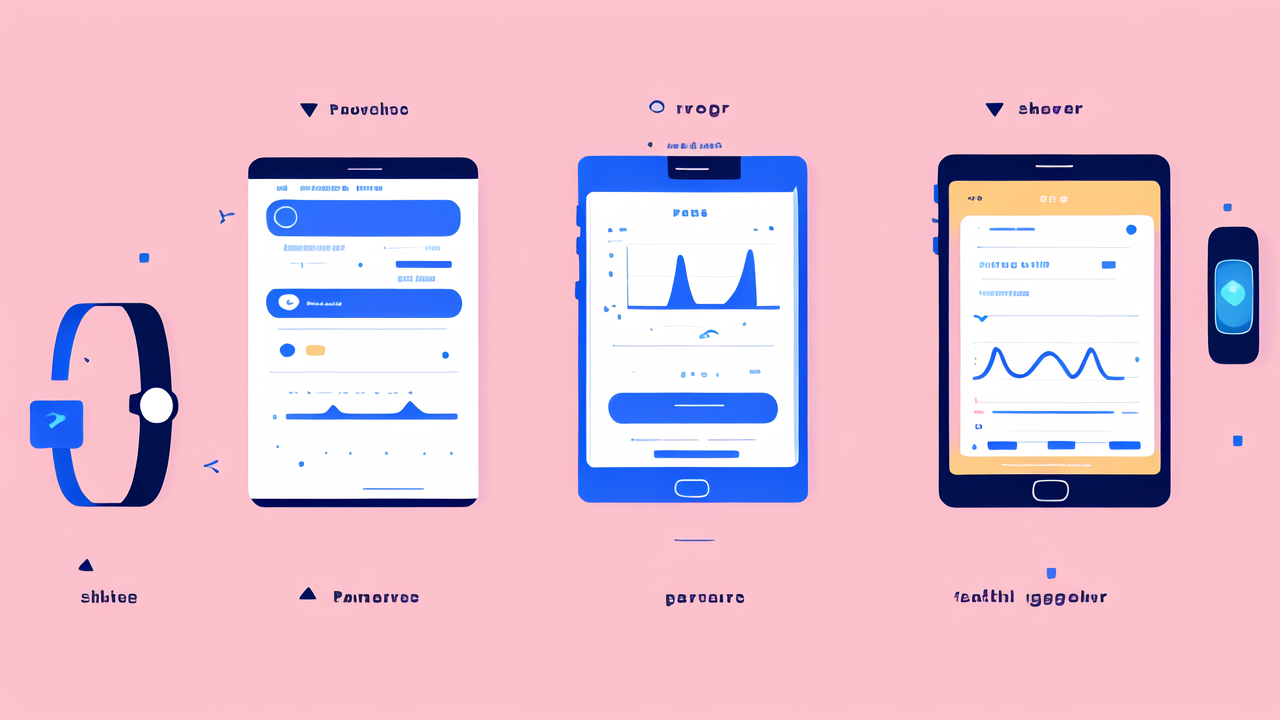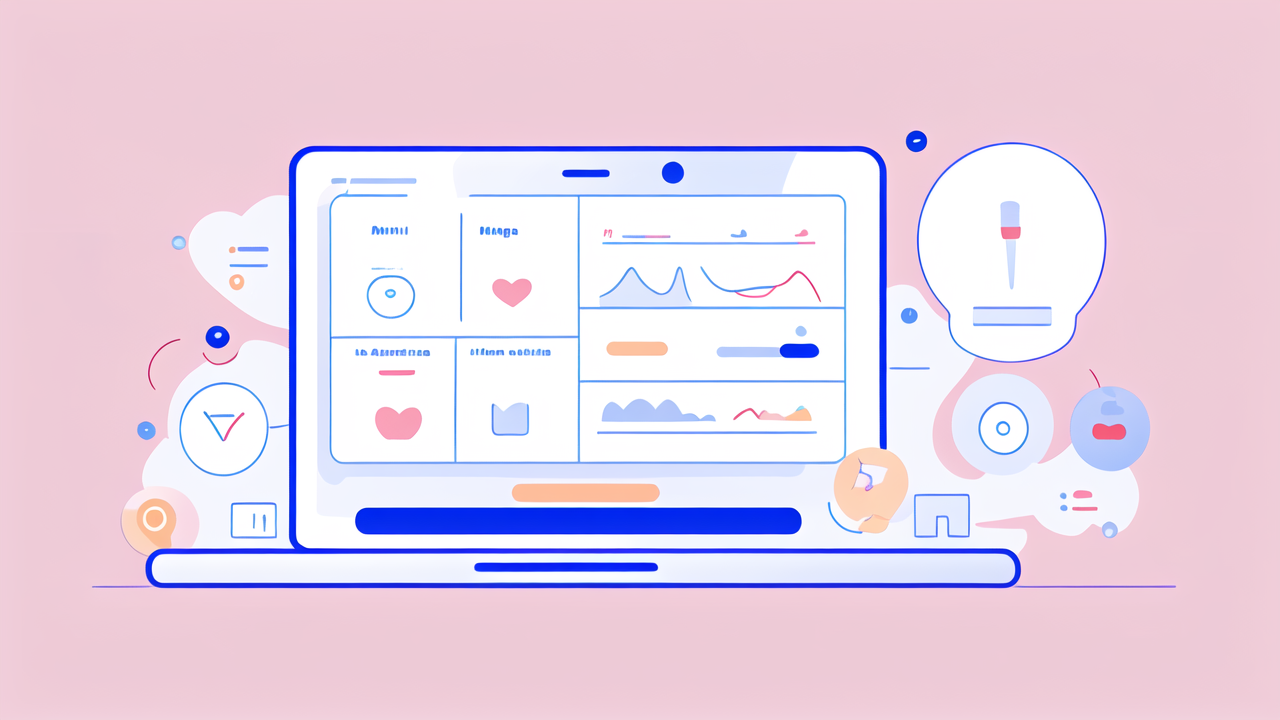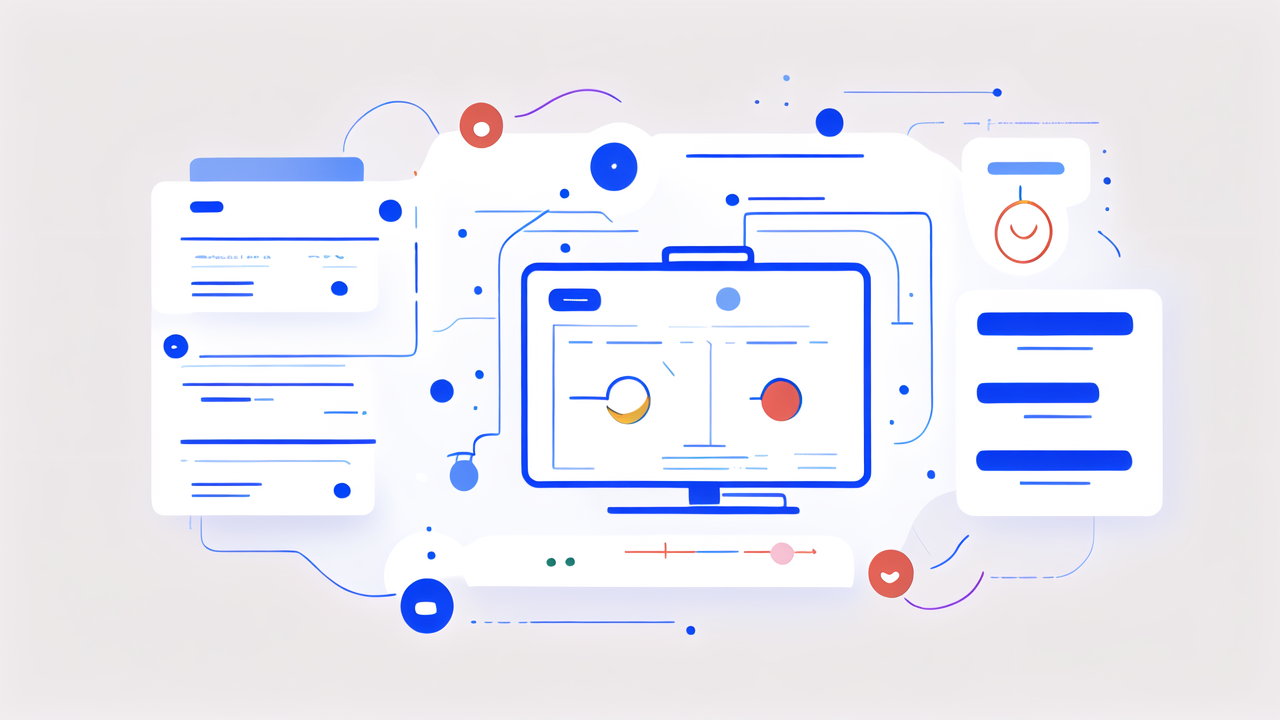Understanding the Potential of Wearable Health Devices
The Evolution of Health Tracking Technology
Health tracking tech has come a long way. It started with simple pedometers. Now, we have smart devices that do much more. These gadgets can track heart rate, sleep patterns, and even stress levels.

Early fitness trackers were basic. They counted steps and estimated calories burned. Today's devices are more advanced. They use sensors to gather detailed health data. This includes blood oxygen levels and ECG readings.
The rise of smartphones played a big role in this evolution. It made it easier to sync and analyze data. Apps now give users detailed insights into their health. This has made tracking more accessible and useful for everyone.
Wearable tech is now a key part of many people's health routines. It helps them stay active and monitor vital signs. As the tech improves, so does its impact on our health and wellness.
How Smartwatches are Revolutionizing Personal Health
Smartwatches have changed how we think about health. They're not just timepieces anymore. They're powerful health tools we wear on our wrists.
These devices can alert users to potential health issues. For example, they can detect irregular heartbeats. This early warning can be life-saving. Some watches can even call for help if they detect a fall.
Smartwatches also motivate us to be more active. They set goals and track progress. This encourages users to move more and sit less. Many people find this nudge helpful in staying fit.
The data from smartwatches can be shared with doctors. This gives healthcare providers a more complete picture of a patient's health. It can lead to better diagnoses and treatment plans.
As smartwatches get smarter, they'll play a bigger role in healthcare. They're becoming essential tools for managing health and preventing illness.
Integrating AI and Machine Learning in Health Tracking
AI: The Future of Health Care
AI is changing healthcare in big ways. It's making health tracking more accurate and useful. AI can spot patterns in data that humans might miss. This leads to better health insights.

In fitness trackers, AI helps personalize recommendations. It learns your habits and adjusts goals to fit your lifestyle. This makes it easier to stick to health plans.
AI can also predict health issues before they become serious. It does this by analyzing trends in your data. For example, it might notice changes in your heart rate over time.
Doctors are using AI to help diagnose conditions. They combine data from wearables with medical records. This gives a more complete view of a patient's health.
As AI gets smarter, it will play a bigger role in healthcare. It could help create personalized treatment plans. It might even suggest lifestyle changes to prevent diseases.
Machine Learning in Fitness and Wellness
Machine learning is making fitness trackers smarter. These devices learn from your data to give better advice. They adapt to your habits and health status.
For example, a tracker might notice you're more active on weekends. It could then suggest workouts that fit this pattern. This personalized approach makes fitness plans more effective.
Machine learning also helps improve sleep tracking. It can identify sleep stages and quality. Over time, it learns your sleep patterns. This allows it to give tips for better rest.
In wellness, machine learning helps track mood and stress. It can spot links between your activities and how you feel. This insight can help you make choices that boost your mood.
As these systems learn more, they'll get better at predicting health trends. This could help prevent burnout and improve overall wellness.
Leveraging Data for Preventive Health Practices
Big Data's Role in Healthcare
Big data is changing how we approach health. It's not just about treating illness anymore. It's about preventing it. Fitness trackers and smartwatches collect lots of data. This data is valuable for healthcare.

Researchers use this data to study health trends. They can see how lifestyle choices affect health outcomes. This helps them develop better prevention strategies.
For individuals, big data means more personalized health advice. Your device can compare your data to millions of others. It can then suggest ways to improve your health based on what works for similar people.
Healthcare providers use big data to spot health risks early. They can see warning signs before symptoms appear. This allows for earlier interventions and better outcomes.
As we collect more data, we'll get better at predicting health issues. This could lead to more effective preventive care and healthier populations.
Building a Personal Health Ecosystem with Smart Data
Smart data is helping people take charge of their health. It's creating a personal health ecosystem. This system connects all your health data in one place.
Your fitness tracker, smartwatch, and other devices all work together. They share data to give you a complete picture of your health. This makes it easier to see how different factors affect your wellbeing.
For example, your system might notice that you sleep better when you exercise. It could then suggest workout times that improve your sleep quality. This kind of insight helps you make better health choices.
The ecosystem can also include data from medical tests and doctor visits. This gives you a more complete health record. You can easily share this with healthcare providers.
As these ecosystems grow, they'll become powerful tools for managing health. They'll help us stay healthier and catch problems early. This is the future of preventive healthcare.




Leave a comment
This site is protected by hCaptcha and the hCaptcha Privacy Policy and Terms of Service apply.